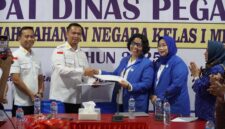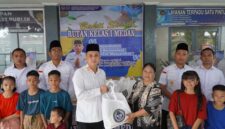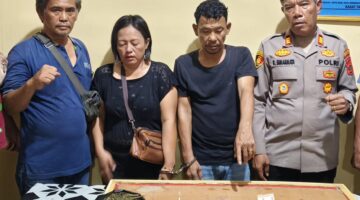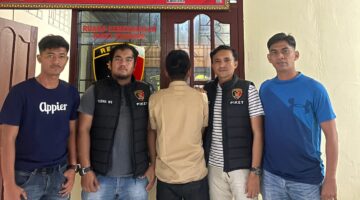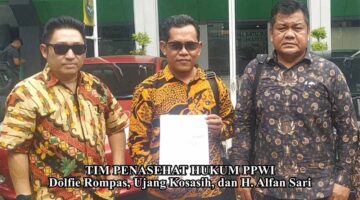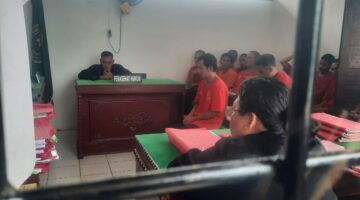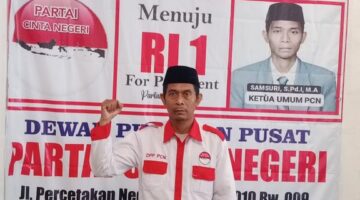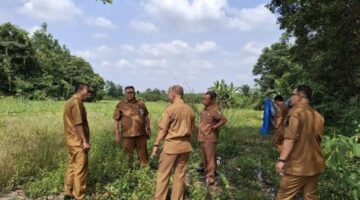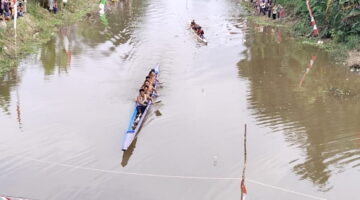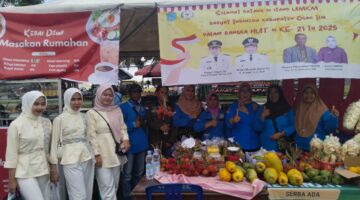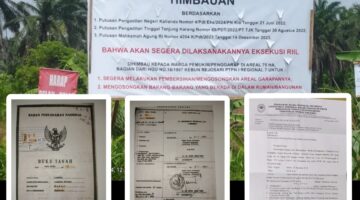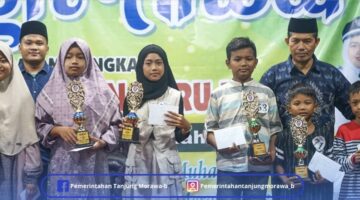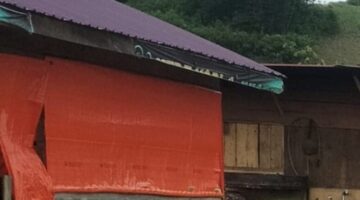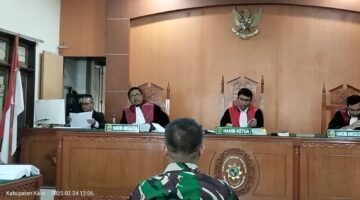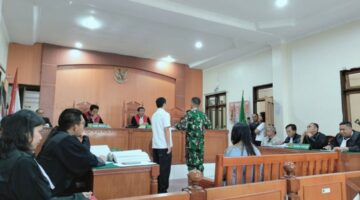The Capacity Building Programme for Reducing Recycling-Related Marine Plastic Pollution in ASEAN Cities (CaRMPAC Project) will be officially launched on 16 August 2024 in Vientiane, Lao PDR. This significant regional initiative is designed to address the pressing issue of marine plastic pollution through targeted capacity building and implementation strategies. In conjunction with the launch, the outcomes of Phase 1 of the project have been published, including the Situation Assessment Reports and Technical Guidelines for six key ASEAN cities, which aimed at preventing plastic and resin pellet leakage from recycling facilities.
Publication of Situation
Assessment and Technical Guidelines
Phase 1 of the CaRMPAC Project
focused on a comprehensive situation assessment and the development of
technical guidelines, which aimed at preventing plastic and resin pellet
leakage from recycling facilities. This phase covered six key ASEAN cities: Pattaya,
Nonthaburi, Hanoi, Iloilo, Manila, and Vientiane. The situation assessment
revealed critical factors contributing to plastic leakage. That resulted in the
creation of technical guidelines and manuals tailored to each city to
improve recycling process and practices to prevent plastic leakage across both
formal and informal sectors. The outcomes of Phase 1, including the Situation
Assessment Reports and Technical Guidelines, have been published and are
available for free access here.
ADVERTISEMENT
SCROLL TO RESUME CONTENT
Launching Phase 2: Capacity
Building Programme
Following the successful completion
of Phase 1, Phase 2 of the CaRMPAC Project aims to expand its reach to
additional cities and countries, including Phnom Penh, Ho Chi Minh City,
Bandung, Davao City, and others. Over the next 24 months, this phase will address
the capacity gaps identified in Phase 1, with a particular focus on informal plastic
recyclers and relevant city government regulators. and
junk shops. The objective is to promote responsible recycling
practices and sustainable plastic management through enhanced training,
increased awareness, and improved regulatory support.
The CaRMPAC Project is being
implemented by the Asian Institute of Technology’s Regional Resource Centre for
Asia and the Pacific, with support from the Regional Knowledge Centre for
Marine Plastic Debris of ERIA and the ASEAN Secretariat.






